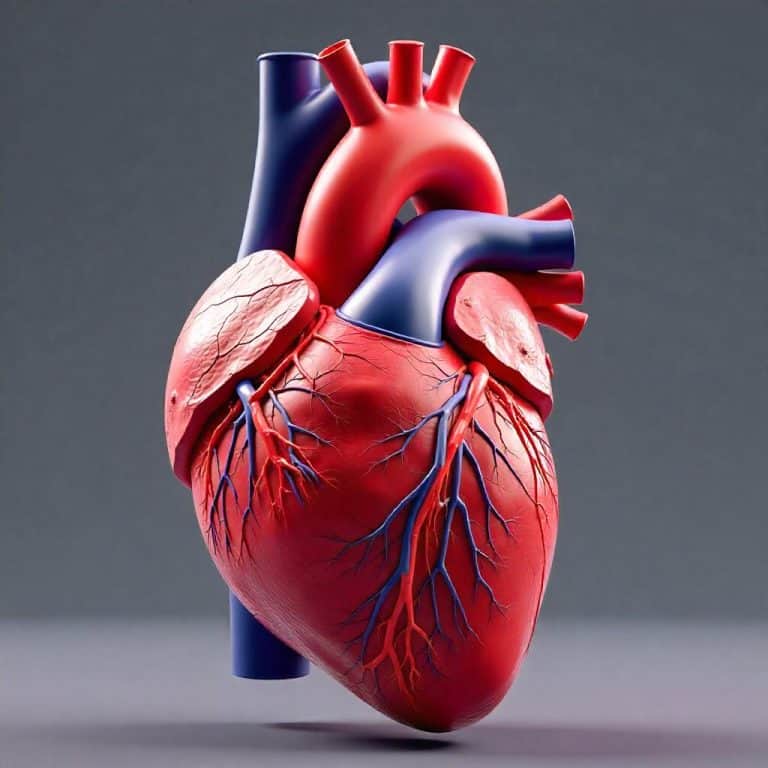Welcome to the Cardiac Muscle Function quiz! In this quiz, you’ll learn all about the amazing muscle that keeps your heart beating. From how the cardiac muscle contracts to how it helps pump blood throughout your body, you’ll be an expert on all things related to heart health by the end of this quiz.
Get ready to dive into the world of cardiac muscle and discover the incredible ways it keeps you alive and kicking. Whether you’re a science buff or just curious about how your heart works, this quiz is perfect for anyone interested in learning more about the powerhouse muscle that is your heart.
So, let’s get started and test your knowledge on cardiac muscle function!
Play Cardiac Muscle Function Quiz
Instructions
- This quiz is multiple choice.
- Read each question carefully before selecting an answer.
- Choose the best answer for each question.
- You will see the missed questions with correct answers at the end of the quiz.
Quick Facts
- The Cardiac muscle is found only in the heart and is responsible for pumping blood throughout the body.
- Cardiac muscle cells are striated, meaning they have a striped appearance when viewed under a microscope.
- Unlike skeletal muscle, cardiac muscle is involuntary, meaning we cannot consciously control its contractions.
- The cells are interconnected by intercalated discs, which allow for rapid communication between cells.
- It is highly resistant to fatigue, allowing the heart to beat continuously without tiring.
- The cells have a high number of mitochondria, which provide energy for the constant contractions of the heart.
- It can generate its own electrical impulses, allowing it to beat even when disconnected from the nervous system.
- It has a unique ability to contract as a single unit, ensuring that the heart pumps blood efficiently.
- Regular exercise can strengthen the cardiac muscle, improving its ability to pump blood and increasing overall heart health.
- Damage to it, such as during a heart attack, can impair its function and lead to serious health complications.
Downloads
Study Tips
- Create a study schedule and stick to it.
- Find a quiet and comfortable study environment.
- Remove distractions such as phones and social media.
- Take breaks every 25-30 minutes to avoid burnout.
- Use active studying techniques like summarizing, highlighting, and teaching concepts to someone else.
- Practice retrieval by testing yourself with flashcards or practice quizzes.
- Stay organized with notes, study guides, and resources.
- Stay hydrated and eat brain-boosting foods like fruits, nuts, and whole grains.
- Get enough sleep to improve memory retention and cognitive function.
- Reward yourself for reaching study goals to stay motivated.
